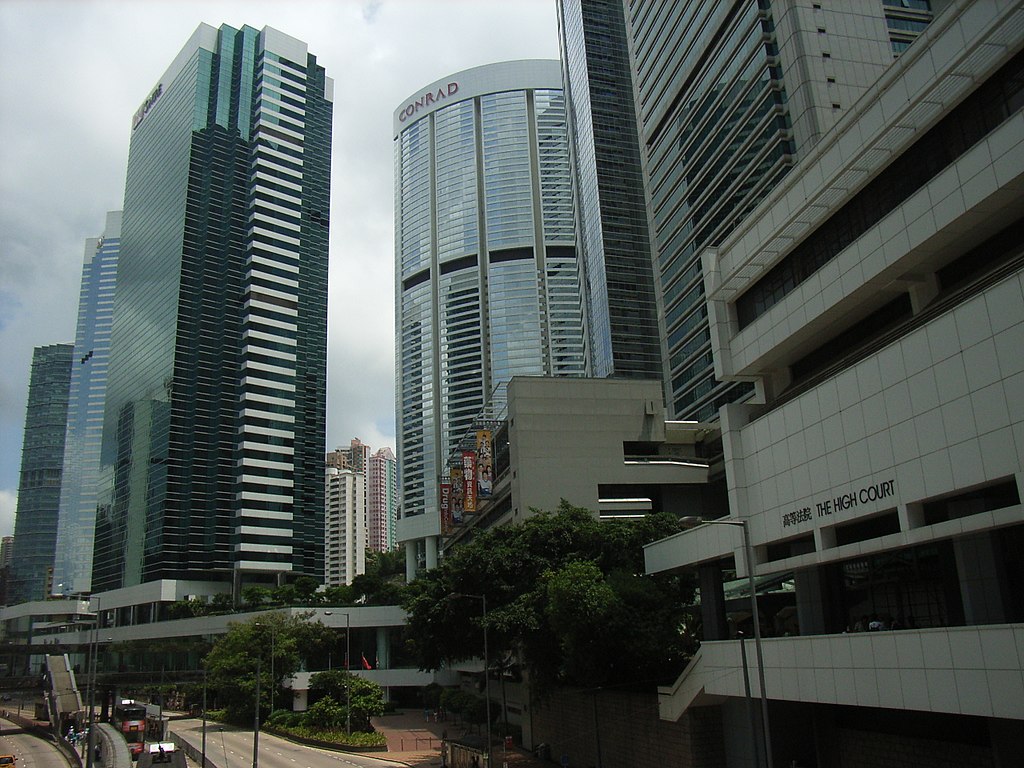The overdue publication of its first-half results by building-integrated PV (BIPV) manufacturer and solar project developer Singyes Solar made for predictably grim reading.
The first-half results update issued by Singyes last year curiously omitted any mention of the May 31 policy u-turn by Beijing to abruptly reduce public subsidies for solar project development. Given Singyes bases almost its entire operation in China and had extensive subsidy income, that omission rang alarm bells, not least because Chinese solar industry peers had mentioned it high up their own stock market updates.
By the end of June this year, the figures produced 12 months earlier on the back of a Chinese, subsidized solar boom had become a distant memory amid talk of debt defaults, frozen bank deposits, a state bail-out, widespread losses and a solar project development operation which had more or less ground to a halt.
Revenues of RMB3.02 billion (US$426 million) at the end of June last year more than halved to RMB1.15 billion 15 weeks ago for a net loss of RMB468 million, after the RMB228 million profit banked a year earlier.
Clients drain away
Singyes’ biggest client – ‘Customer A’ – supplied revenue of RMB1.17 billion at the mid point of last year, by the end of June that figure had become “less than 10%” of total revenue, in other words less than RMB115 million. That undoubtedly state-owned client had been replaced merely by Customer B, with its RMB115 million of revenue and Customer C, with RMB253 million.
With the solar engineering, procurement and construction business going from a RMB546 million profit midway through last year to a RMB70.7 million loss and the sale of renewable energy projects unit registering a RMB7.3 million loss from a RMB28 million profit over the same period, the reverse in the Guangdong-based business’ fortunes is obvious.
The human cost was not specified, Singyes explaining a fall in wage and salary costs from RMB134 million to RMB80 million only as partly down to a “drop in average number of employee”.
The company had a current assets to liabilities deficit of RMB1.29 billion at the end of June, from RMB888 million a year earlier and the figures revealed machinery worth RMB9.15 million and deposits of RMB54 million had been restricted by a civil court ruling to ensure trade payable commitments of RMB48.4 million were honored.
State bail-out
All of which explains why the fate of the company hinges on a planned HK$1.53 billion (US$195 million) takeover by Beijing-owned Water Development (HK) Holding Co Ltd and a proposed restructuring of almost US$430 million of defaulted senior notes and convertible bonds. A recent filing by Singyes named Water Development as holder of 202.26% of the issued stock of the company, implying the state bail-out part of the rescue package had gone through but yesterday’s update indicated the takeover and debt restructuring will be inter-dependent.
Singyes said it has won agreement from the holders of 98.39% of its creditors to delay settlement of the monies owed and hopes to hold a vote on the issue in November but the latest filing revealed the company had received a demand notice from the holder of US$20 million of the US$260 million of defaulted senior notes which fell due in February.
Winding-up petition
The beleaguered manufacturer pointed out it has secured a fresh RMB1.5 billion credit line from an unnamed, presumably state-backed Chinese lender and had delayed settlement of RMB864 million of bank loans until April 17 and a payment of a further RMB689 million of borrowings until May 2021.
All of which, of course, is not to forget the Hong Kong High Court date Singyes faces on Wednesday, when it will attempt to dismiss a winding-up petition filed by Deutsche Bank Hong Kong over a disputed US$6.27 million debt.
There is a four-line entry about that matter on page 29 of the first-half figures. Meanwhile, the publication of the accounts ensured trading was able to resume in the Hong Kong listed company’s stock this morning.
This content is protected by copyright and may not be reused. If you want to cooperate with us and would like to reuse some of our content, please contact: editors@pv-magazine.com.




By submitting this form you agree to pv magazine using your data for the purposes of publishing your comment.
Your personal data will only be disclosed or otherwise transmitted to third parties for the purposes of spam filtering or if this is necessary for technical maintenance of the website. Any other transfer to third parties will not take place unless this is justified on the basis of applicable data protection regulations or if pv magazine is legally obliged to do so.
You may revoke this consent at any time with effect for the future, in which case your personal data will be deleted immediately. Otherwise, your data will be deleted if pv magazine has processed your request or the purpose of data storage is fulfilled.
Further information on data privacy can be found in our Data Protection Policy.